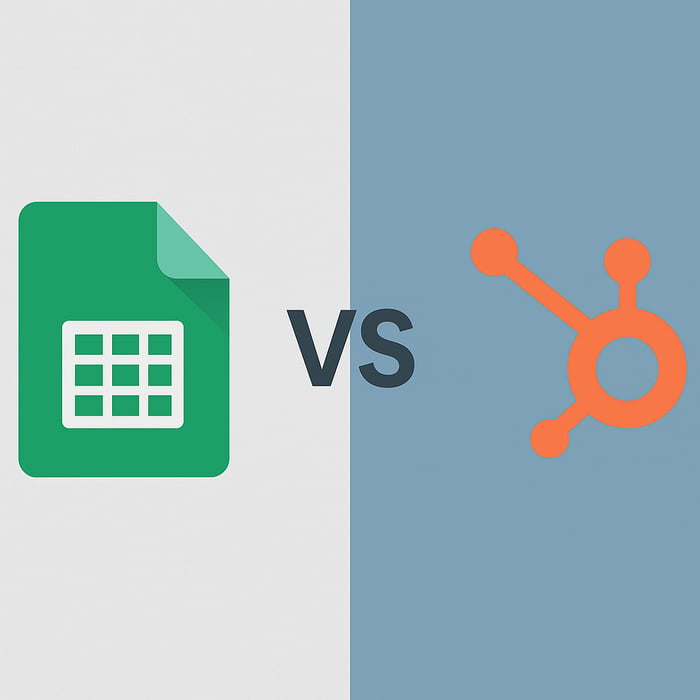Google Sheets vs HubSpot Native Tools: Which Wins for Bulk Editing

Understanding HubSpot Native Tools for Bulk Edits
HubSpot native tools provide built-in features for managing content updates. These tools allow users to edit multiple pages, posts, and redirects directly within the platform. The process involves accessing the content editor, selecting items for bulk action, and applying changes such as updating titles or metadata. This method suits users who prefer a centralized system and do not require external integrations. However, the interface can feel restrictive, especially for large-scale edits, and lacks advanced automation options.
Exploring Google Sheets Integration for Bulk Edits
Google Sheets offers a flexible solution when paired with HubSpot through integration. By exporting data from HubSpot into a spreadsheet, users can edit content in bulk using familiar spreadsheet functions. This approach supports bulk content editing across pages, posts, and databases, with the ability to import updated data back into HubSpot. The Google Sheets HubSpot integration shines for teams comfortable with spreadsheets, offering scalability and collaboration features. Yet, it requires initial setup and may introduce errors if data formatting is inconsistent.
Key Comparison: Features and Functionality
When comparing Sheets vs HubSpot, several factors stand out. HubSpot native tools provide a seamless experience within the platform, reducing the need for external software. They include basic validation to prevent common mistakes, making them ideal for small to medium updates. On the other hand, Google Sheets excels in handling complex edits with formulas and scripts, supporting bulk SEO updates and large datasets. The trade-off is the learning curve and potential for manual errors during import-export cycles.
Performance and Scalability
For scalability, Google Sheets often outperforms HubSpot native tools. It handles thousands of rows effortlessly, making it a top choice for bulk edit workflows involving extensive content management trends. HubSpot native tools, while efficient for smaller batches, may slow down with hundreds of edits, impacting productivity. Businesses with growing websites benefit from the Sheets approach, provided they maintain data accuracy.
Ease of Use and Learning Curve
HubSpot native tools offer a gentler learning curve for users already familiar with the platform. The interface guides users through bulk actions with clear prompts, reducing training time. Google Sheets requires spreadsheet skills and knowledge of integration steps, which might challenge beginners. However, once mastered, the Sheets method empowers users with greater control over bulk content edits.
Cost and Accessibility
HubSpot native tools come included with applicable plans, requiring no additional investment. Google Sheets is free, but the integration process may involve third-party tools or add-ons, potentially adding costs. Accessibility favors HubSpot for in-platform convenience, while Google Sheets wins for remote collaboration and cloud-based access.
Practical Use Cases
Consider a marketing team updating metadata for 200 blog posts. HubSpot native tools handle this efficiently within the CMS editor, ensuring quick deployment. For a larger project, such as revising content across 1,000 pages with SEO optimization, Google Sheets allows batch editing with custom formulas, then reimports the data. The choice depends on project size and team expertise.
Which Option Wins?
The decision between Google Sheets HubSpot bulk edits and HubSpot native tools depends on your specific needs. For simplicity and integration within HubSpot, native tools are the better choice for small-scale updates. For advanced bulk SEO updates, scalability, and collaboration, Google Sheets integration takes the lead. Many businesses find success using both, leveraging native tools for quick fixes and Sheets for comprehensive overhauls.
Conclusion
Both Google Sheets and HubSpot native tools offer valuable solutions for bulk content editing. By understanding their strengths in content edit comparison, you can select the right tool to streamline your workflows. Experiment with each method to discover what aligns with your team’s skills and project demands. For enhanced efficiency, consider tools like Smuves, which complement both approaches with advanced bulk editing capabilities.


